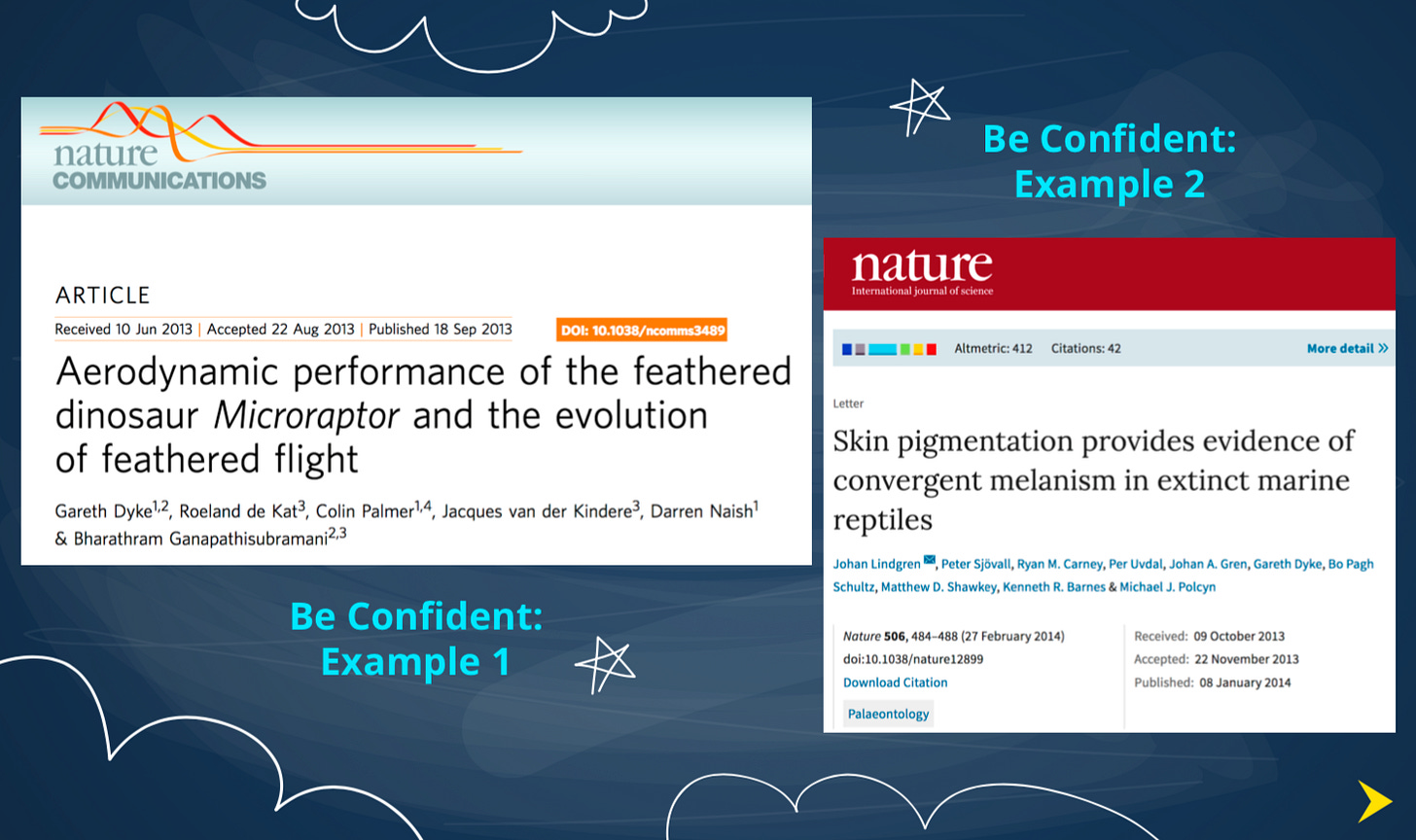‘What doesn’t kill you makes you stronger’ !! Can an early career rejection actually be a good thing longer term?
“Science is 99 percent failure; that’s an optimistic view” Robert Lefkowitz (2012 Nobel Prize Winner).
Rejection is a fact of life for researchers ⛔👎 (e.g. articles & grants). It’s how we manage and move on from rejection that can have a positive or negative effect on our careers. Grant applications, manuscript submissions, postdoc and job applications; competition is fierce in academia, especially at early career stages.
I reckon: Only Sales People get REJECTED MORE! It’s how we move on from rejection that can have a positive or negative effect on careers ... 🤛🔻🔻
👉 Top Tip: If you send a paper to a journal and it gets REJECTED and/or RECEIVES NEGATIVE COMMENTS you feel are UNFAIR: APPEAL! Talk to the Editor .... (we have templates) 💥 🎉
👉 I have two examples from my own career of articles that eventually got accepted after bad first peer reviews and rejection. We appealed: The papers were re-reviewed and eventually accepted in Nature and Nature Communications. 💥 🎉
👉 Confidence in your own research and it’s intrinsic quality (a key transferable skill by the way) will enable you to select comments you feel are useful and appropriate, improve a second version of your research article, and submit it to another outlet in a timely manner. 💥 🎉
👉 Appealing Decisions to Editors is ALWAYS A GOOD IDEA: What's the worst that can happen? The paper is perhaps already rejected .... 💥 🎉
One of the things I do is to teach effective journal selection and communication management (a key transferable skill inside and outside of academia) as part of our effective writing and publishing workshops. Always aim high with your journal submissions, preferentially targeting outlets with higher impact factors first.
Although this strategy works well when you look back over your output from one academic year, for example, you’ll inevitably face rejection, with or without receiving peer review comments. Confidence in your own research and it’s intrinsic content quality (another key transferable skill that we teach in our workshops) will enable you to select comments you feel are useful and appropriate, improve a second version of your research article, and submit it to another outlet in a timely manner
Interestingly, one study published in Nature Communications and also discussed in the Harvard Business Review strongly suggests that a setback early in a research career can enhance future potential. Researchers surveyed more than 1,000 grant applications in the United States who had narrowly missed a funding award and compared them with a similar sample of early career researchers (ECRs) who had received support. Those who just missed out actually had a better chance of going on to publish higher profile papers in the future. Go figure: perhaps a set back early in your career is not such a bad thing after all?
The approach taken in this research is very interesting: By looking at proposals that fell just below and just above a funding threshold researchers were able to compare ‘near-miss’ and ‘narrow-win’ applicants. In other words, an early-career setback can actually have powerful, opposing effects: On the one hand, career attrition can be enhanced significantly as ECRs drop out and move to other careers, but on the other, those that stick it out and react positively will systematically outperform those with narrow wins in the long run.
Expressed in simpler terms, performance advantage in early career seems to go beyond a screening mechanism, suggesting an initial setback (such as a near miss in a funding application) can actually cause a performance improvement among those who persevere. In even simpler terms, these findings are consistent with the concept that ‘what doesn’t kill me makes me stronger’, and, indeed, may have broad implications for identifying, training, and nurturing junior scientists: Describing a recent rejection or setback in your career to date is a very, very common PhD and job interview question, for example.
I have several examples of articles from my own career that got badly rejected after initial peer review but that we appealed: Because we did not think we had been treated fairly in the peer review process or because we did not believe that the peer reviewers had understood our work. What’s the worst that can happen? Your paper has already been rejected after all, so: The worst that can happen is that it stays rejected!
Feel poorly treated in peer review? Consider writing an appeal. Get in touch for a template for writing these kinds of emails to editors. I remember one paper that we had submitted to Nature: The paper got rejected but we really felt that one peer reviewer had not grasped the method we used. So, we wrote to the editor to ask for another round of peer review and to further explain the significance of the new method we were applying. The editor concurred, the paper got sent out for review again and eventually accepted. Don’t miss out on career changing publications because of issues in peer review.









